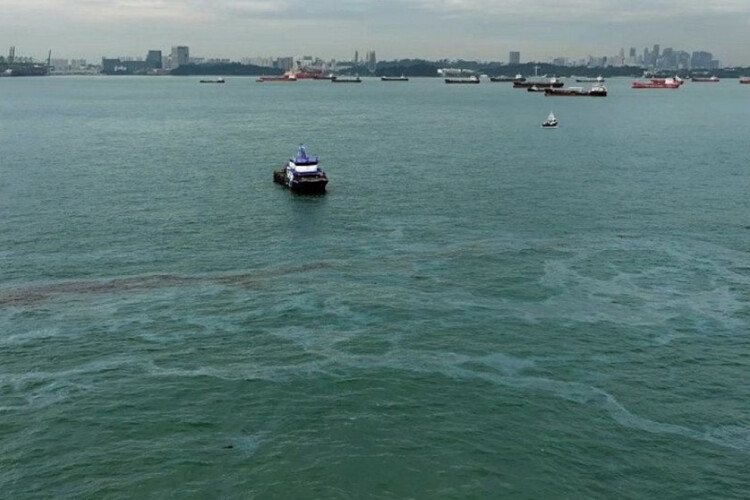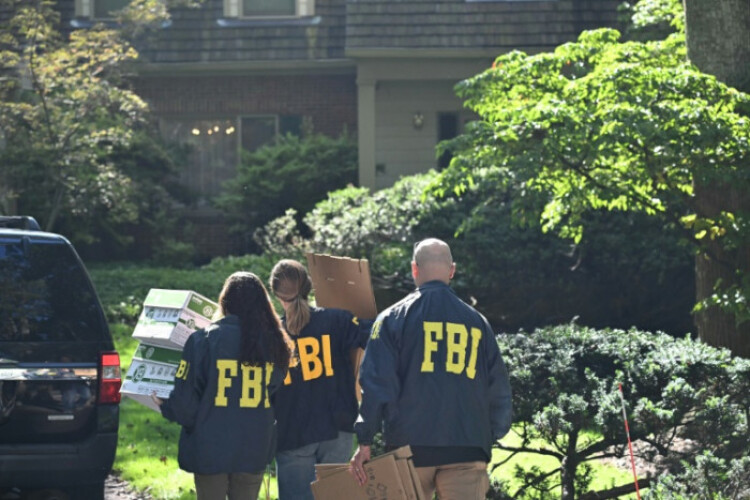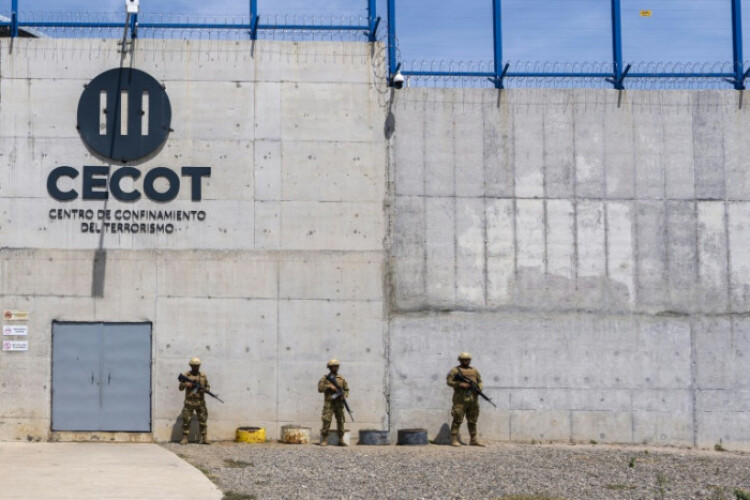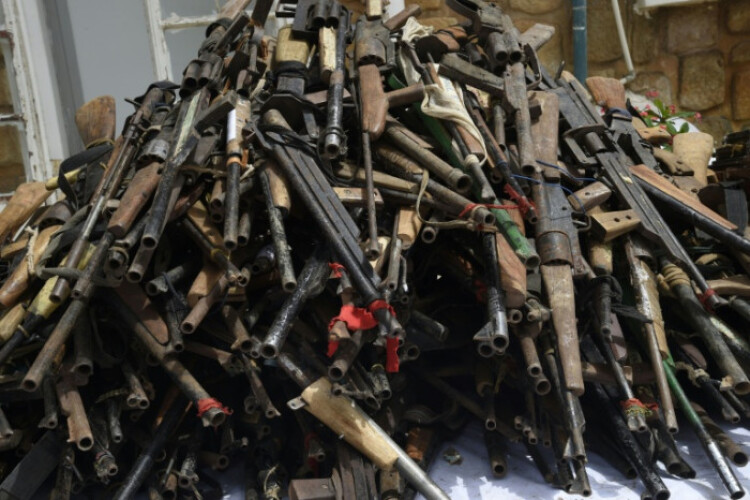
An oil leak in the pre-dawn hours of Oct 20 from a Shell pipeline has affected waters off Singapore, said the Maritime and Port Authority of Singapore (MPA).
The oil started leaking at around 5.30am from a land-based pipeline belonging to the British petrochemical company between Bukom Island and Bukom Kecil, the authority said in a statement the same day.
MPA was alerted to the incident more than seven hours later at about 1pm. The leak was stopped at about 3pm, a Shell spokesperson said separately.
Shell said the oil “spilt into a holding area but some overflowed” into the water channel between Bukom Island and Bukom Kecil, adding that it is still assessing the total volume spilt.
There were no new oil sightings as at 6pm, MPA added.
The Shell spokesperson said no injuries were reported, and that oil sheens have been detected in the water channel between the two islands since the late morning.
“We have activated emergency response specialists to help manage the situation,” the spokesperson said.
MPA, its contractor Singapore Salvage Engineers, and Shell have deployed boats to clean up the oil.
Also, Shell has placed containment booms off the site of the leak, while MPA has activated its drones and satellite capabilities to track the oil.
The relevant government agencies have been alerted and asked to report any oil sightings, the authority added.
In response to queries, the National Parks Board said it has not observed any oil in the waters off Sisters’ Islands Marine Park and Labrador Nature Reserve as at 6pm. “We will continue to monitor any oil sightings near our biodiversity-sensitive areas,” it said.
MPA said its Port Operations Control Centre has asked passing vessels to keep clear of the site. There is no impact to navigation safety, the authority added.
According to previous media reports in May, Shell had agreed to sell its Bukom refinery – one of the world’s largest oil refining and trading centres.
The refinery, which opened in 1961, includes several crude distillation units with a total processing capacity of 237,000 barrels per day, and a million tonne per year steam cracker, said Reuters.
A distillation unit separates crude oil into fractions, or broad groups of its component hydrocarbons. In general, a steam cracker breaks down hydrocarbons into smaller ones.
On June 14, several beaches in Singapore were affected by an oil spill after one boat hit another vessel at Pasir Panjang Terminal. About 400 tonnes of fuel had leaked into the sea then.
The oil spread to the coastlines of East Coast Park, Labrador Nature Reserve, Keppel Bay, the Southern Islands and Sentosa. Water activities at affected beaches had to be suspended for more than two months as the areas were being cleaned up.
The Straits Times has contacted Shell, MPA, the National Environment Agency, Sentosa Development Corporation and PUB for more information.
Asia News Network/The Straits Times
The oil started leaking at around 5.30am from a land-based pipeline belonging to the British petrochemical company between Bukom Island and Bukom Kecil, the authority said in a statement the same day.
MPA was alerted to the incident more than seven hours later at about 1pm. The leak was stopped at about 3pm, a Shell spokesperson said separately.
Shell said the oil “spilt into a holding area but some overflowed” into the water channel between Bukom Island and Bukom Kecil, adding that it is still assessing the total volume spilt.
There were no new oil sightings as at 6pm, MPA added.
The Shell spokesperson said no injuries were reported, and that oil sheens have been detected in the water channel between the two islands since the late morning.
“We have activated emergency response specialists to help manage the situation,” the spokesperson said.
MPA, its contractor Singapore Salvage Engineers, and Shell have deployed boats to clean up the oil.
Also, Shell has placed containment booms off the site of the leak, while MPA has activated its drones and satellite capabilities to track the oil.
The relevant government agencies have been alerted and asked to report any oil sightings, the authority added.
In response to queries, the National Parks Board said it has not observed any oil in the waters off Sisters’ Islands Marine Park and Labrador Nature Reserve as at 6pm. “We will continue to monitor any oil sightings near our biodiversity-sensitive areas,” it said.
MPA said its Port Operations Control Centre has asked passing vessels to keep clear of the site. There is no impact to navigation safety, the authority added.
According to previous media reports in May, Shell had agreed to sell its Bukom refinery – one of the world’s largest oil refining and trading centres.
The refinery, which opened in 1961, includes several crude distillation units with a total processing capacity of 237,000 barrels per day, and a million tonne per year steam cracker, said Reuters.
A distillation unit separates crude oil into fractions, or broad groups of its component hydrocarbons. In general, a steam cracker breaks down hydrocarbons into smaller ones.
On June 14, several beaches in Singapore were affected by an oil spill after one boat hit another vessel at Pasir Panjang Terminal. About 400 tonnes of fuel had leaked into the sea then.
The oil spread to the coastlines of East Coast Park, Labrador Nature Reserve, Keppel Bay, the Southern Islands and Sentosa. Water activities at affected beaches had to be suspended for more than two months as the areas were being cleaned up.
The Straits Times has contacted Shell, MPA, the National Environment Agency, Sentosa Development Corporation and PUB for more information.
Asia News Network/The Straits Times






